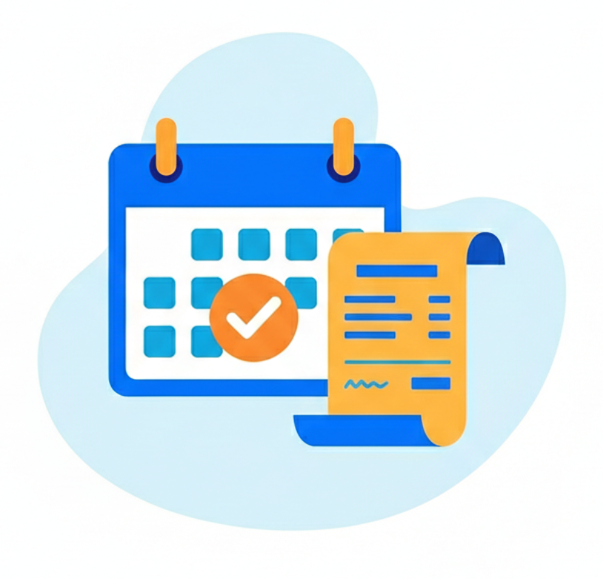Educating your children about money is essential in preparing them for adulthood. This means you need to help them learn how to perform basic financial tasks, like tracking their spending.
For many people, personal finance is a taboo subject, even between a parent and their children. This is one of the main reasons many people end up financially insecure and struggling with debt; because they had to learn about intelligent financial practices the hard way, and too late.
So, if you’re a parent, how should you prepare your child for the real world of loans, taxes, and debt?
The best time to start teaching your children about money is when they are teenagers. This is a crucial period to start preparing them for financial independence. Here are a few tips on how you can best help your teens prepare for their future.
Let your teens earn money
While an allowance isn’t a bad thing, it’s also worth making sure your children have opportunities to earn their own money. Many teenagers leave school without a full understanding of the ‘value’ of money. They might expect to make money quickly, or be mentally unprepared for the lifestyle ahead of them. It’s also common for teens to head to university – especially if they’re moving away from home for the first time – with a dependency mentality. This means that they may expect to rely on their parents or large student loans to find their way. Teaching your children to be self-reliant and independent will make the transition to adulthood much more manageable.
You can help your teen to become financially independent by:
- Paying them to work around the house, like cleaning the car, gardening, or babysitting.
- Encouraging them to get an after-school or weekend job as they get older. Student Job Search has some great options!
- Teaching them how to correctly file their payslips and tax information.
- Encouraging them to monetise hobbies they are passionate about. For example, if they play hockey, they could find a paid referee job on the weekends, or if they’re interested in crafting, they could try selling their creations on TradeMe or Facebook Marketplace.
These tasks will help them develop a mentality of independence and self-reliance, while they still have financial stability while living with you.
Budgeting and managing finances
Children almost always spend their income immediately after receiving it. With no financial obligations such as paying bills or rent, the importance of budgeting and saving is something that you must discuss explicitly with them.
In addition, you can prepare them for future financial management obligations by:
- Helping them open a personal bank account to save some of their income.
- Setting long-term financial goals for them, like saving enough income to buy family members Christmas presents.
- Showing them how to write practice invoices for work that you give to them.
- Involving them in weekly grocery shopping; you could get them to help you make a shopping list according to a set budget.
- Teaching your children how to record their spending on Excel spreadsheets or a budgeting app.



